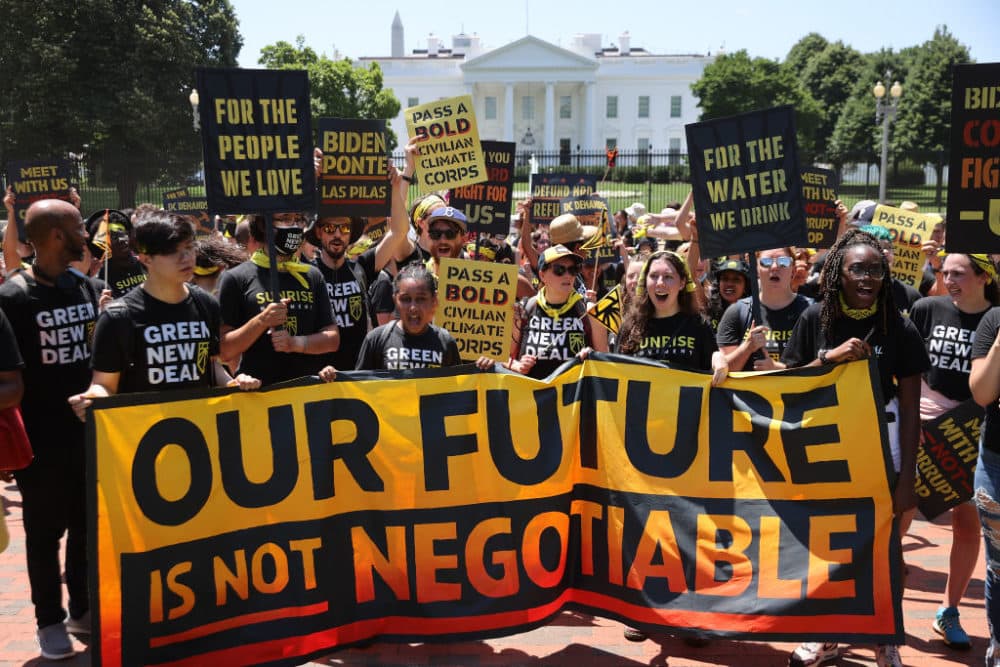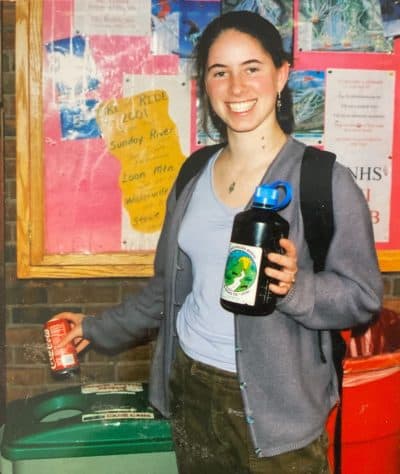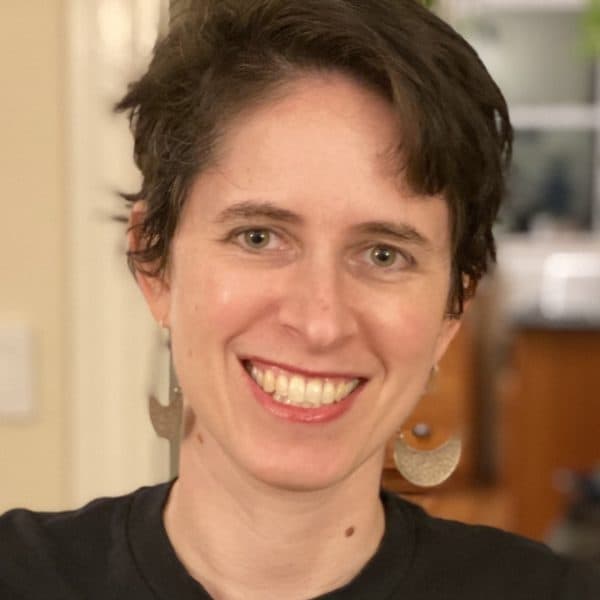Advertisement
Commentary
'Personal Choice' Won't Stop The Climate Crisis. Join A Movement Instead

A flyer in the window of a local hardware store caught my eye recently: “Sea Level Rise is Real. Here’s how you can help.” The first item on the list of suggested actions read “pick up litter.”
I felt a chill as I imagined some well-intentioned community group devoting time and effort to disseminating this lie. There is no amount of personal greening or neighborhood clean-ups that will make a dent in the climate crisis. The recent IPCC report makes clear that we are hurtling towards a world where close to 1 billion people suffer in extreme heat and hundreds of millions suffer drought.
Last year, we all got a front row seat to the fallacy that we will avert the climate crisis through individual consumer choices: When the world essentially stopped driving and flying in 2020 due to the pandemic, global carbon emissions temporarily fell, but only by 6.4%. That other 93.6% is baked into our industry, agriculture, shipping and infrastructure. Nothing but sweeping systemic policy change will make a difference at scale, and nothing but massive, organized social movements have ever accomplished such reforms.
Of course, many of us have spent our lives trying to be virtuous individual consumers, and there is real grieving to be done as we mourn the misplaced energy of decades. Back in the 1990s, my denim jacket covered in progressive pins, the messaging around me was uplifting and useless: “You can change the world,” said my teachers and programs on TV. “You can make a difference.” These statements were wildly and problematically ambiguous. How big a change? For whom? Could I really save the world with my choices?
I was an 8-year-old with no education in social change, movement building or power analysis, so I started my environmental activism with the first tool available to me: obsessive behavior. I painstakingly cut the plastic rings of six-pack sodas so that they wouldn’t strangle sea turtles. I selected 100% post-consumer recycled paper notebooks for school each September. When Greenpeace canvassed my house, I opened my red piggy bank and gave them half of my personal life savings: $21.

I cringe when think back to the environmentalism of my childhood. Reduce, reuse, recycle. Turn off the faucet. Shut off the lights. But no measure of guilt, ecological despair or intense isolation made a bit of difference. The rainforests kept falling, the plastics kept filling the oceans and the earth kept warming.
My childhood obsession was not an accident. It was a result of deliberate public messaging campaigns by industry, meant to direct public attention away from the movement to regulate. Dr. Samantha MacBride, author of “Recycling Reconsidered,” gave this insidious and effective strategy a name: “busyness.” From the now-infamous 1971 Crying Indian advertisement to oil giant BP’s successful PR campaign for the personal carbon footprint, these campaigns have kept us busy trying to be virtuous consumers instead of active, outraged, organized citizens.
As a kid I didn’t know how to be part of a movement, but today’s young people know how to organize at scale, and it's on all of us to follow their lead.
The youth of the Sunrise Movement and the Youth Climate Strikes shift public opinion through marches and sit-ins. They lead divestment campaigns. They turn out voters. They influence politicians, including Biden, and peacefully block entrances to the White House to hold the president to his campaign promises. As our communal boat springs leak after devastating leak, these warriors for the future refuse the thimble-sized buckets that have been handed to us by greenwashing and corporate messaging. Instead, they create and join massive brigades that try to fix the leaks despite the odds.
Nothing but sweeping systemic policy change will make a difference at scale, and nothing but massive, organized social movements have ever accomplished such reforms.
As a mother, I look to the new climate movement with a mixture of anguish and hope. The movement is powerful precisely because the crisis is upon us. Climate change is here: smoke drifting from fires in the West, heat waves, weeks of heavy rain — these will be features of my 3-year-old’s summers forevermore. His world is burning, and I cannot save him from that. But I can support the movement that will ensure he's not alone, like I was.
When my family brings glass containers for take-out or saves up for an electric car, we don't do it because it changes the world. We do it because it changes us. Buying local, insulating, forgoing plane trips, eating less meat and the like build our integrity and our relationships. They make for more resilient communities. They are the baby sprouts of a more life-affirming, sustainable society. They are spiritual practices. But we must never delude ourselves or our children that these sorts of actions are “doing our part” for the climate.
The U.S. climate movement is fully mobilized ahead of the House vote on August 23 to push for an infrastructure bill and budget reconciliation that meet the scale of action that science and morality demand. If you’ve been waiting for the right moment to become an activist, here it is. Put down the trash bag and gloves, call your members of Congress, and take to the streets like your life depends on it.
